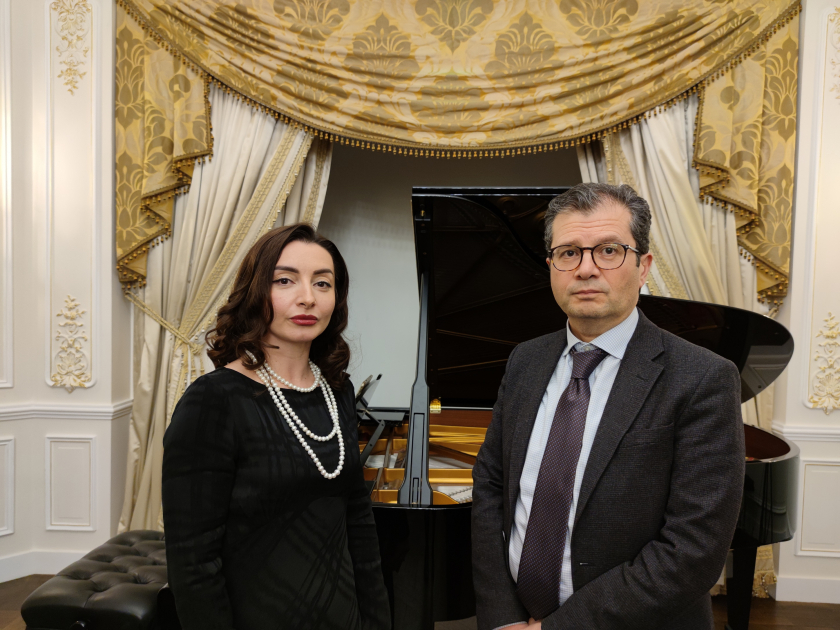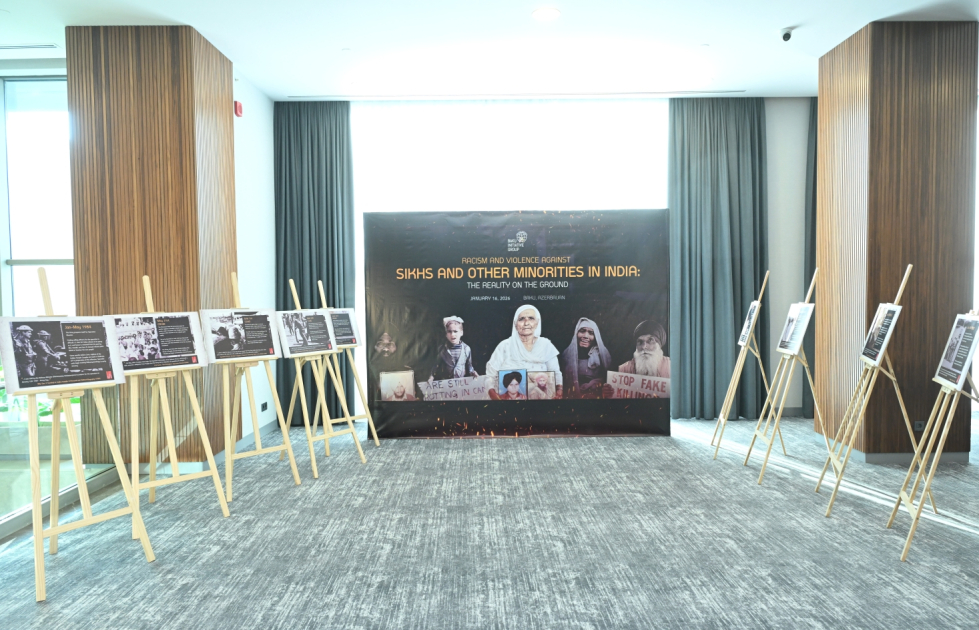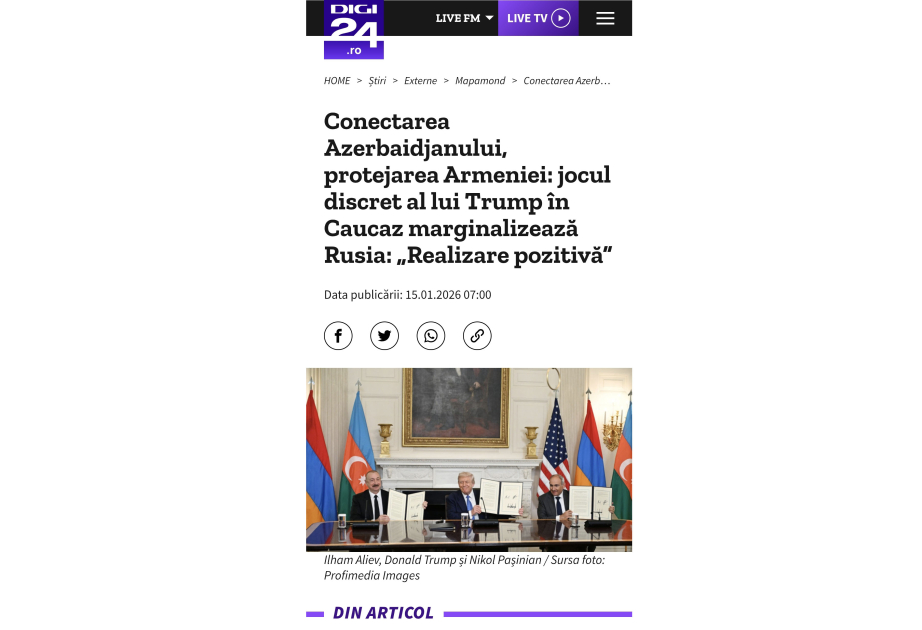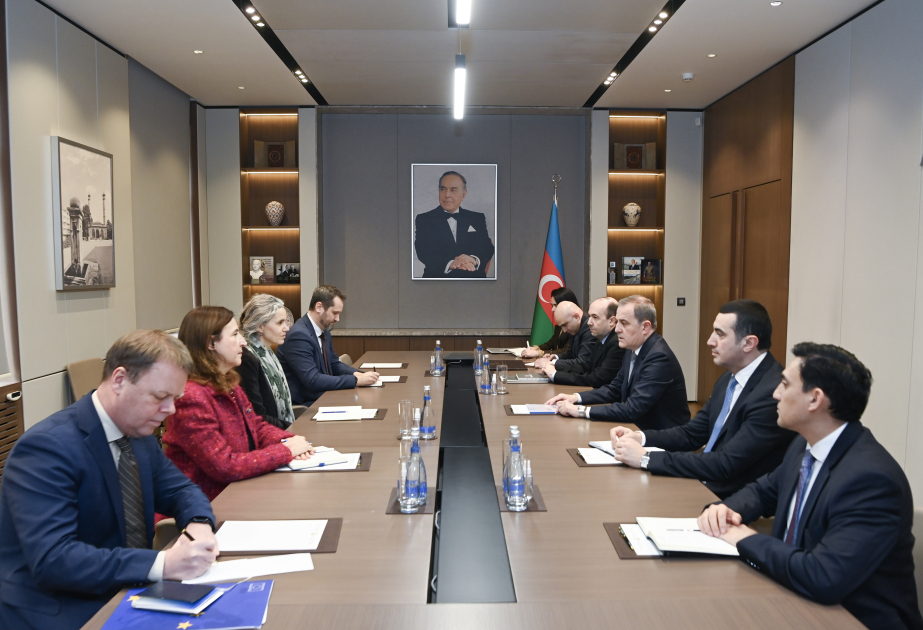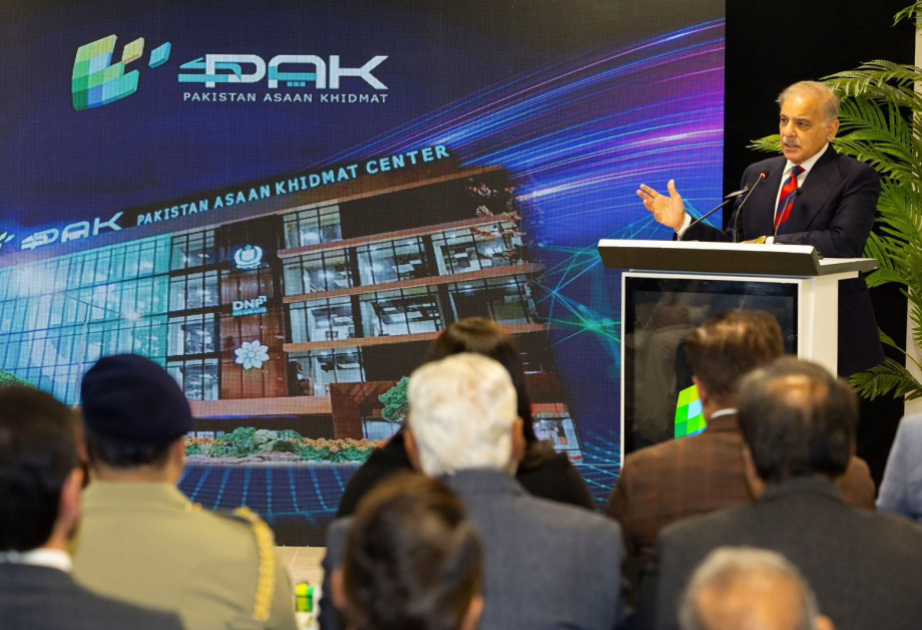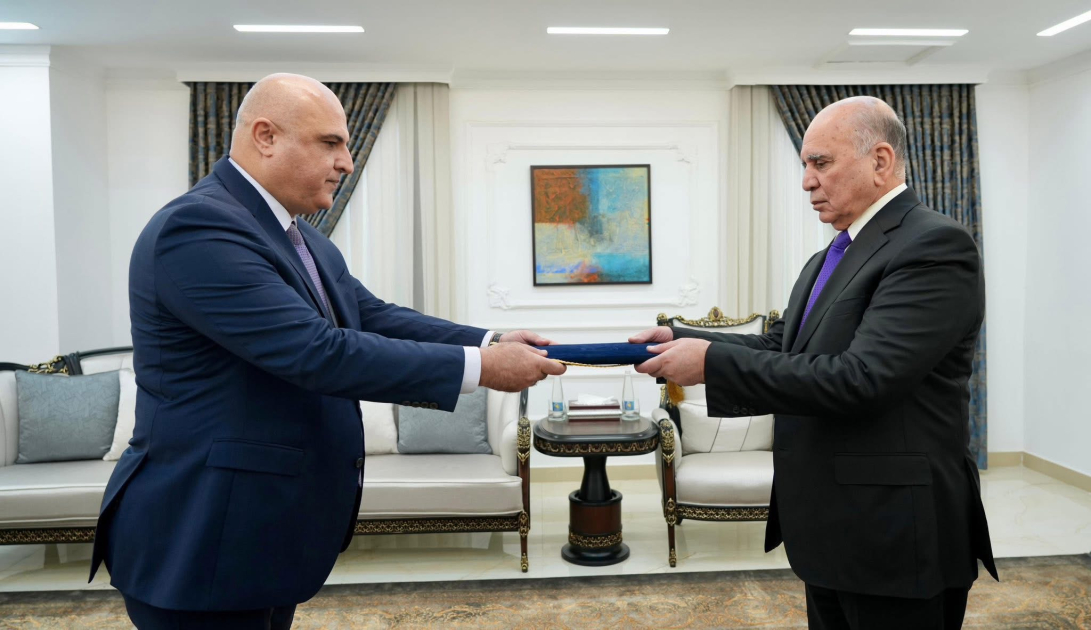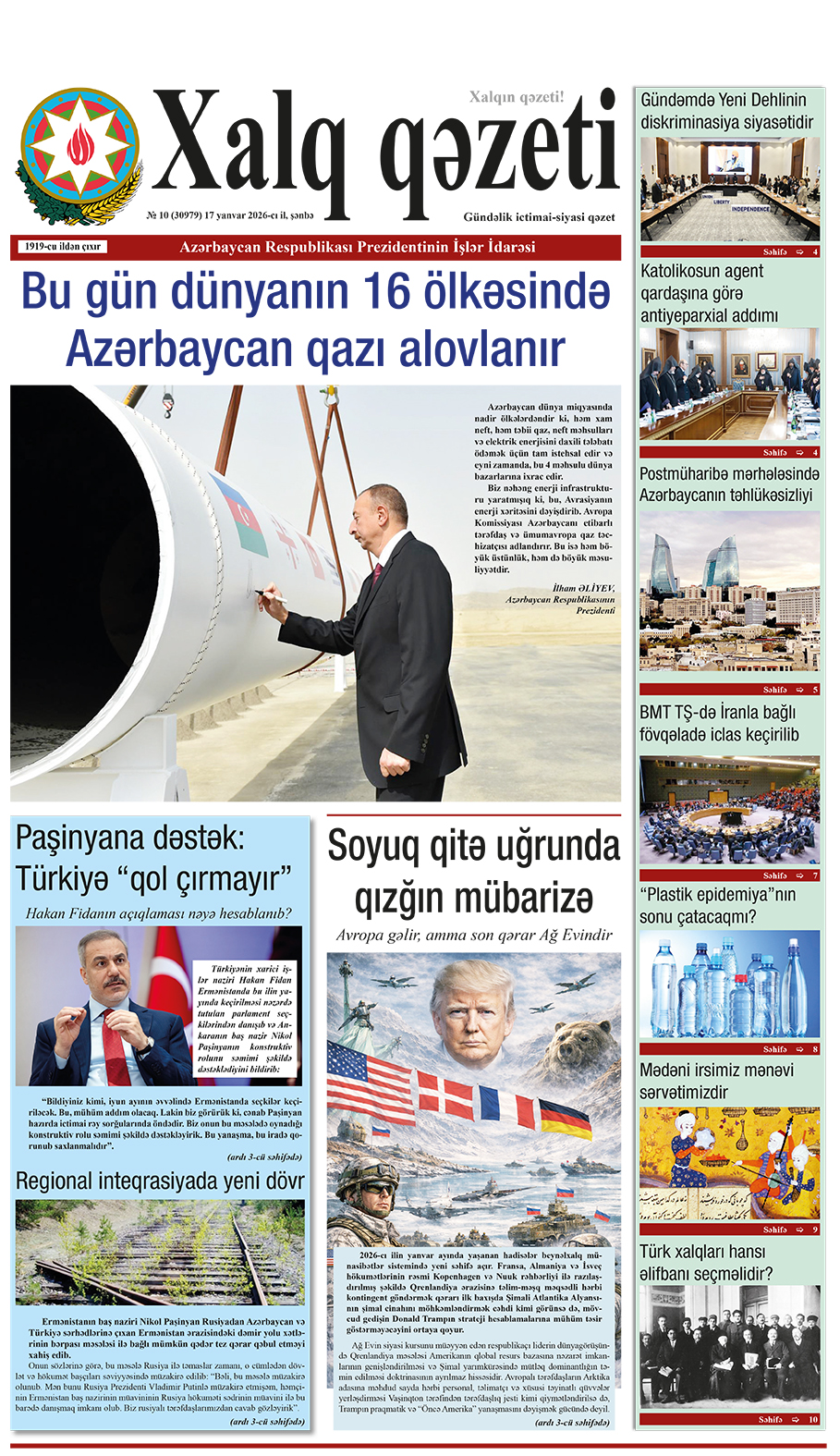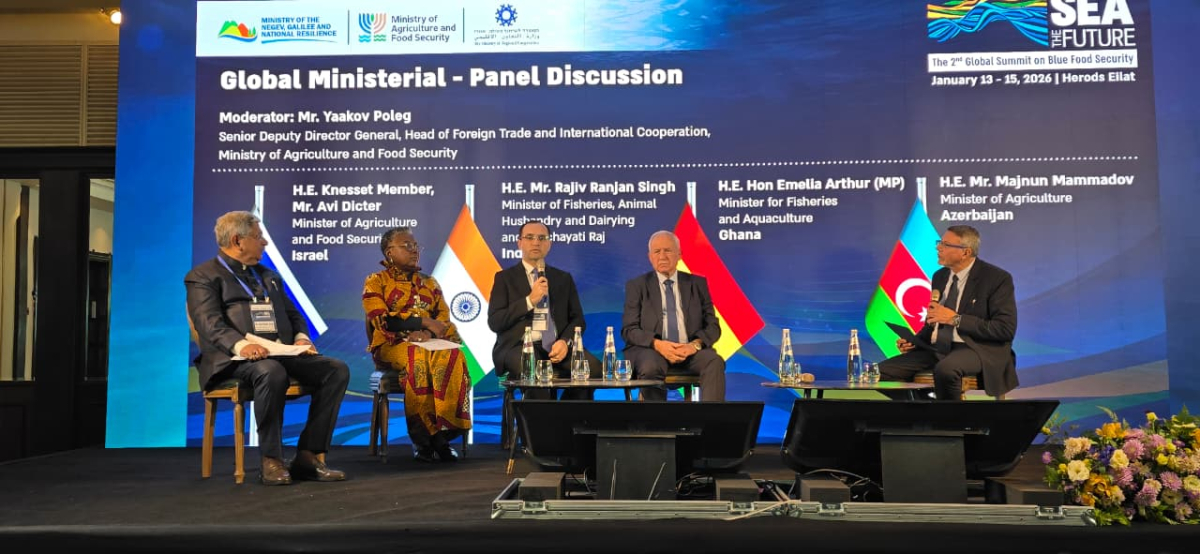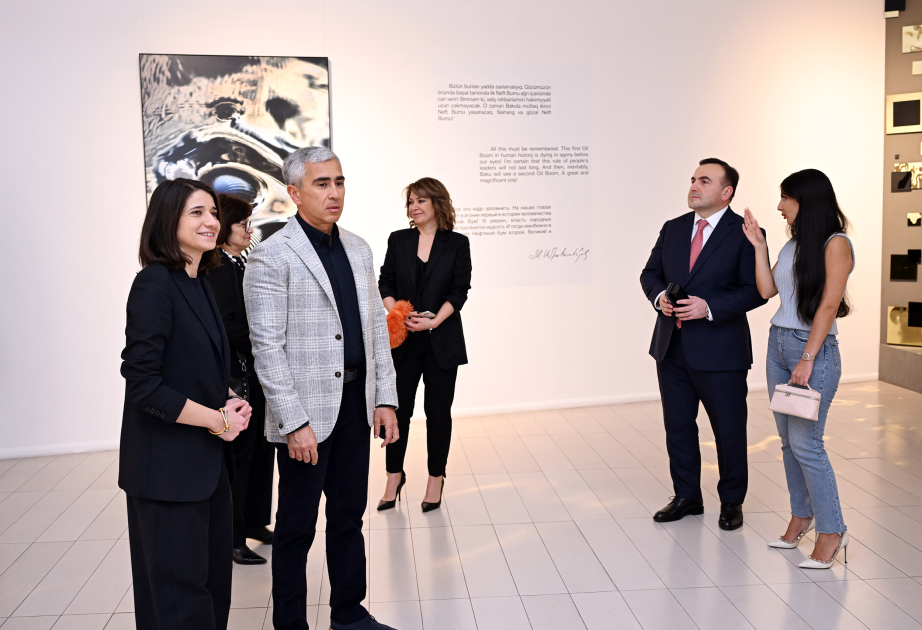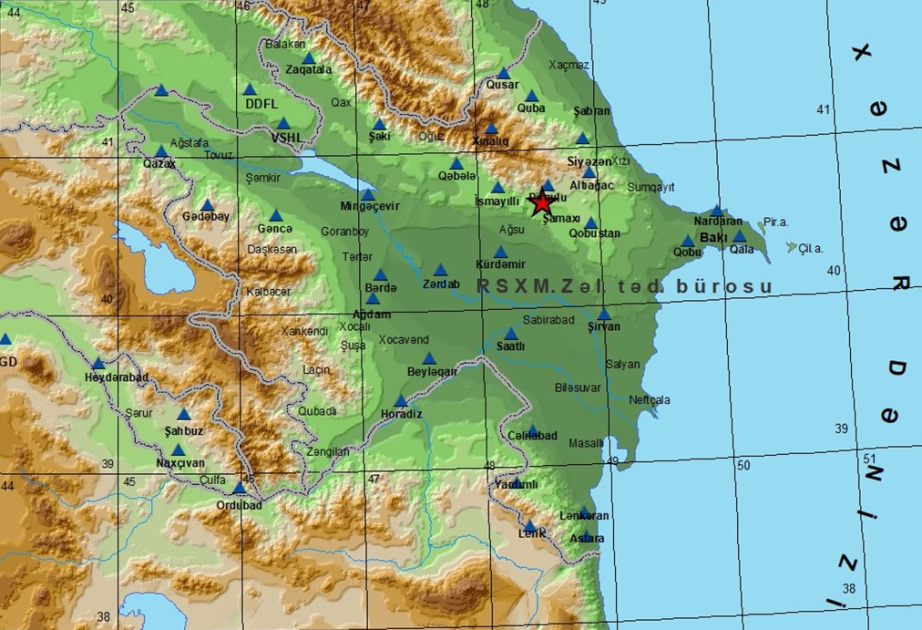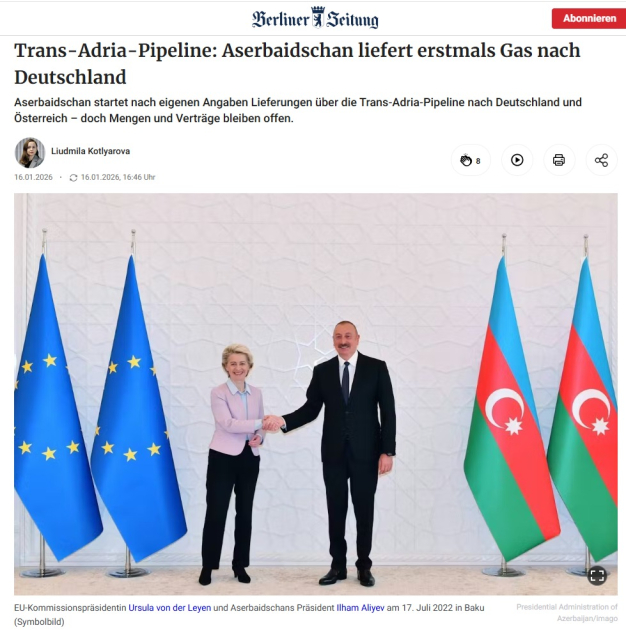In a rapidly changing global order, the South Caucasus and Central Asia are becoming key regions where the interests of global and regional powers intersect. Following the Second Karabakh War, Azerbaijan entered a new era in its foreign and domestic policy, significantly strengthening both its military-political and diplomatic positions. Amid instability in neighboring regions, the transformation of international communication and transport routes, and growing attention to energy security, Azerbaijan's role continues to grow.
AZERTAC presents an interview with Emrah Kaya, a Turkish expert on international relations and terrorism.
- How do you assess Azerbaijan's current foreign policy strategy following the Second Karabakh War? How effectively is the country using diplomatic and regional mechanisms to strengthen its position?
- Frankly, the occupation of Karabakh was a huge burden on Azerbaijan. It was particularly exhausting for both the state and society psychologically. However, resolving this issue today has enabled Azerbaijan to act more strongly and confidently. On the other hand, it has increased Azerbaijan's capacity to develop and implement policies in the regional and global arena. At this point, Azerbaijan's active foreign policy, its strengthened relations with European states and the lifting of US sanctions should be considered a significant achievement. This is a diplomatic success. On the other hand, neither the United Nations (UN) nor the Commonwealth of Independent States (CIS) organisations were able to pass a resolution against Azerbaijan during the occupation of Karabakh, during the Second Karabakh War, or after the war. There are two key points here. Firstly, Azerbaijan is in the right according to international law. Secondly, the fact that these organisations have taken decisions in favour of Azerbaijan or maintained a neutral stance despite Armenia's demands is a diplomatic success for Azerbaijan. Finally, it is evident that Azerbaijan has effectively utilised its geopolitical position, resources, and regional-global circumstances for its national interests. This demonstrates the success of Azerbaijan's political decision-making and implementation processes.
- Given the unstable situation in a number of neighboring regions, what challenges and opportunities do you see for Azerbaijan in terms of national and regional security over the next 5-10 years?
- Today, Azerbaijan is a state that has resolved many of its problems. However, it is taking steps to normalise relations with neighbouring states. Nevertheless, Azerbaijan's positive steps could be exploited by various regional and global powers. Initially, states seeking to harm Azerbaijan will not do so directly. Instead, they may resort to hybrid warfare methods. These methods may include social unrest, cyber attacks and the creation of problems within the country through various identity groups, as well as the radicalisation of different groups in Azerbaijan, particularly through religious rhetoric.
On the other hand, Armenia's current normalisation with Azerbaijan is due to Pashinyan's influence. However, if Pashinyan's administration changes and ethnic nationalist groups come to power, Armenia could once again become a destabilising force in the region. Even if this does not directly affect Azerbaijan or lead to a new war, it could disrupt regional stability, cooperation and development.
From a positive perspective, Azerbaijan's geopolitical importance will increase as long as stability in the Caucasus continues. This is not confined to the Belt and Road Initiative and the Middle Corridor. Azerbaijan will also play a bridging role in transferring energy resources from the Caspian Sea and Central Asia to Europe. Rising tensions in the Taiwan region, Iran's exposure to sanctions and the ongoing Russia–Ukraine war will also increase Azerbaijan's role in trade between East and West.
- Do you consider the idea of deeper political and economic integration between the countries of Central Asia and the South Caucasus realistic? What role can Azerbaijan play in this process?
- Frankly, I find this realistic. Even though the Caspian Sea lies between them, there are strong social, political, cultural and ethnic ties between the parties. However, the fact that the countries in the region are post-Soviet states should not be overlooked. Today, it can be said that the states in the region complement each other economically and geopolitically. Without the Caucasus, Central Asia cannot reach the West, and without Central Asia, the Caucasus cannot reach the East. Furthermore, the Middle Corridor and the Belt and Road Initiative will reinforce political integration between Central Asia and the South Caucasus.
The person recommending the establishment of such a platform between Central Asia and the South Caucasus is Kyrgyzstan's President Sadyr Caparov. He put forward this proposal at the OTS summit in Istanbul on 12 November 2021. In a time of growing global tensions, integration could provide Central Asia and the Caucasus with an important opportunity to remain a basin of peace and stability. The increased interest of Central Asian countries in the Caucasus, and the agreements they have made with countries in the region, could lay the groundwork for this. The deepening relations between the Caucasus — particularly Azerbaijan — and the Central Asian states also enable this process to be carried out bilaterally.
Today, Central Asian countries are endeavouring to act collectively, resolve issues constructively and strengthen cooperation by holding a ‘Consultative Meeting of the Heads of States of Central Asia’. Central Asian and South Caucasus countries could also establish a similar platform through a joint initiative. This platform would undoubtedly bring numerous national, regional and global opportunities.
- You also research Latin America. What parallels can be drawn between peacebuilding processes in Latin America and the South Caucasus? Could the experience of Colombia, Chile, or other countries be useful for Azerbaijan?
- Both regions have experienced significant conflict and violence. Conflict resolution methods have been employed in both regions. However, these processes are extremely challenging, stressful and risky. For example, in Colombia, the FARC terrorist organisation laid down its arms through peaceful means on its fourth attempt. Peace processes in Latin America, generally began after one side failed to impose its will on the other and the conflict reached an stalemate. However, the dynamics of the conflict in the Caucasus are different. Various peace initiatives have been attempted in the region since Armenia's invasion, but they have been unsuccessful. The Minsk Group has become an ineffective actor, due to both the policies of its co-chairs and Armenia's irreconcilable position. At this point, the peace processes in Karabakh became ineffective and turned into a smokescreen concealing the occupation. The effective and fruitful peace process emerged with Azerbaijan's victory. At this point, the fact that the dynamics of the conflicts and peace processes in Karabakh and Latin America are different also weakens the possibility of it being beneficial, frankly.


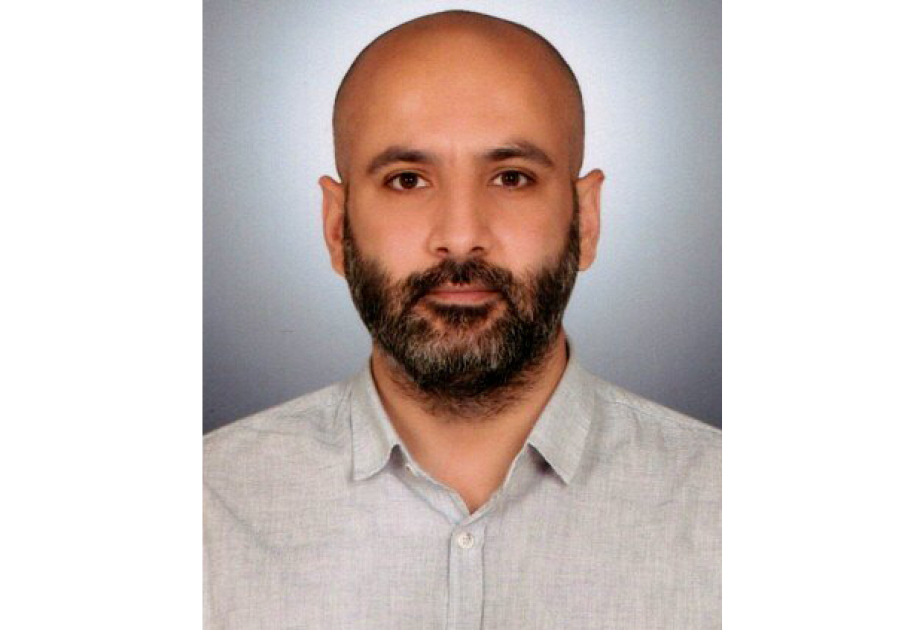
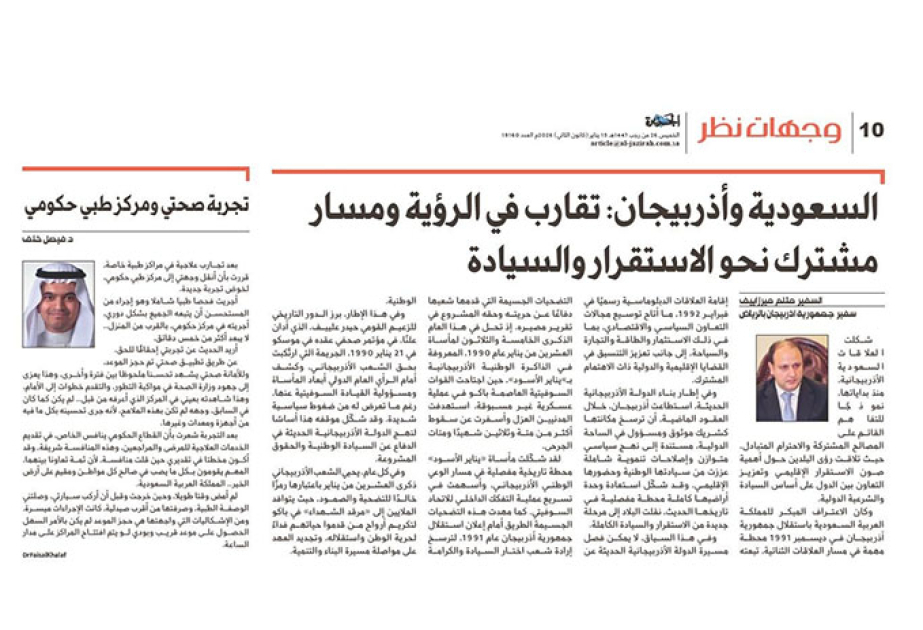
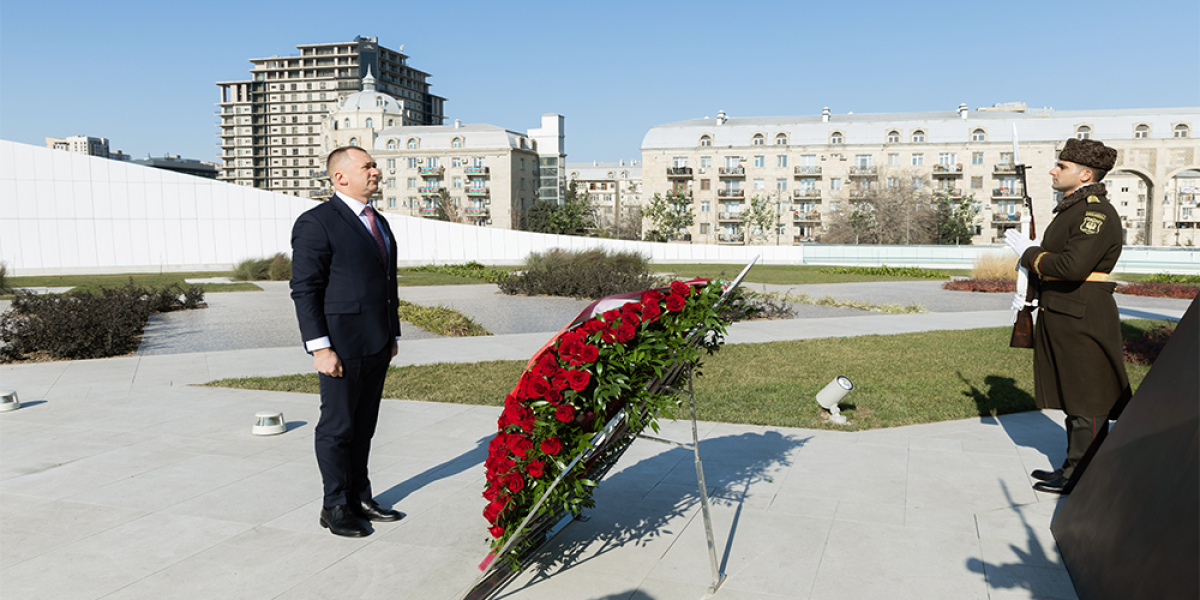
.jpg)
